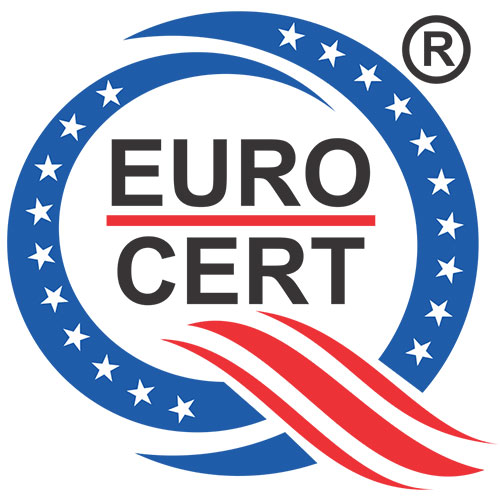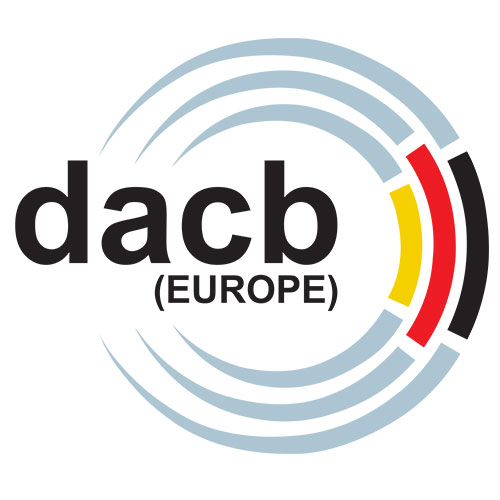Eurocert Audit Program
Extent Of An Audit Program
The extent of an audit program can vary and will be influenced by the size, nature and complexity of the organization to be audited, as well as, by the following:
- The scope, objective and duration of each audit to be conducted
- The frequency of audits to be conducted
- The number, importance, similarity and locations of the activities to be audited
- Standards, statutory, regulatory and contractual requirements and other audit criteria
- Conclusions of previous audits or results of a previous audit program review
- Any language, cultural or social issues
- The concerns of interested parties
- Significant changes to an organization or its operations
Audit program objectives
Objectives should be established for an audit program to direct the planning and conduct of audits. These objectives should be based on consideration of:
- Management priorities
- Commercial intentions
- Management system requirements
- Statutory, regulatory and contractual requirements
- Need for supplier evaluations
- Customer requirements
- Needs of other interested parties
- And risks to the organization
ISO 9001 Audit Program Responsibilities
The responsibilities for managing an audit program should be assigned to one or more individuals with a general understanding of audit principles, of the competence of auditors and the application of audit techniques. They should have management skills, as well as, technical and business understanding relevant to the activities to be audited. Those assigned responsibility for managing the audit program should:
- Establish the objectives and extent of the audit program
- Establish the responsibilities and procedures, and ensure that resources are provided
- Ensure the implementation of the audit program
- Ensure the appropriate audit program records are maintained
- Monitor, review and improve the audit program
Audit Program Procedures
Audit program procedures should address:
- Planning and scheduling audits
- Assuring the competence of auditors and audit team leaders
- Selecting appropriate audit teams and assigning their roles and responsibilities
- Conducting audits
- Conducting audit follow-ups, if necessary
- Maintaining audit program records
- Monitoring the performance and effectiveness of the audit program
- Reporting to top management on the overall achievements of the audit program
For smaller organizations, Eurocert addresses activities above in a single procedure.
Audit Program Implementation
Implementation of the Audit Program address mainly cover following:
- Communicating the audit program to relevant parties (Client)
- Coordinating and scheduling audits and other activities to the audit program
- Establishing and maintaining a process for the evaluation of auditors and their continual professional development
- Ensuring the selection of audit teams
- Providing necessary resources to the audit teams
- Ensuring the conduct of audits according to the audit program
- Ensuring the control of records of the audit activities
- Ensuring review and approval of the audit records and their distribution to the audit client and other specified parties
- Ensuring follow-up if applicable
Accreditation


